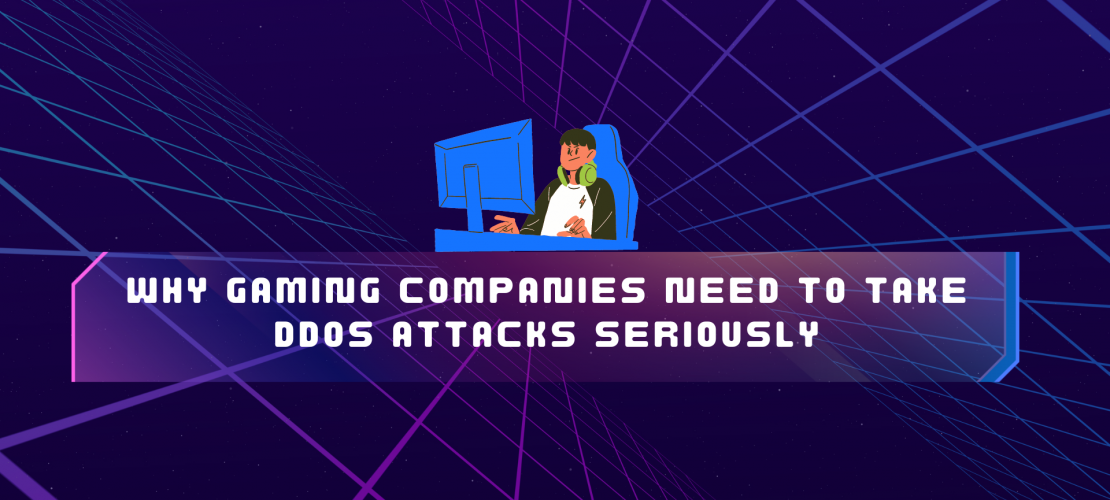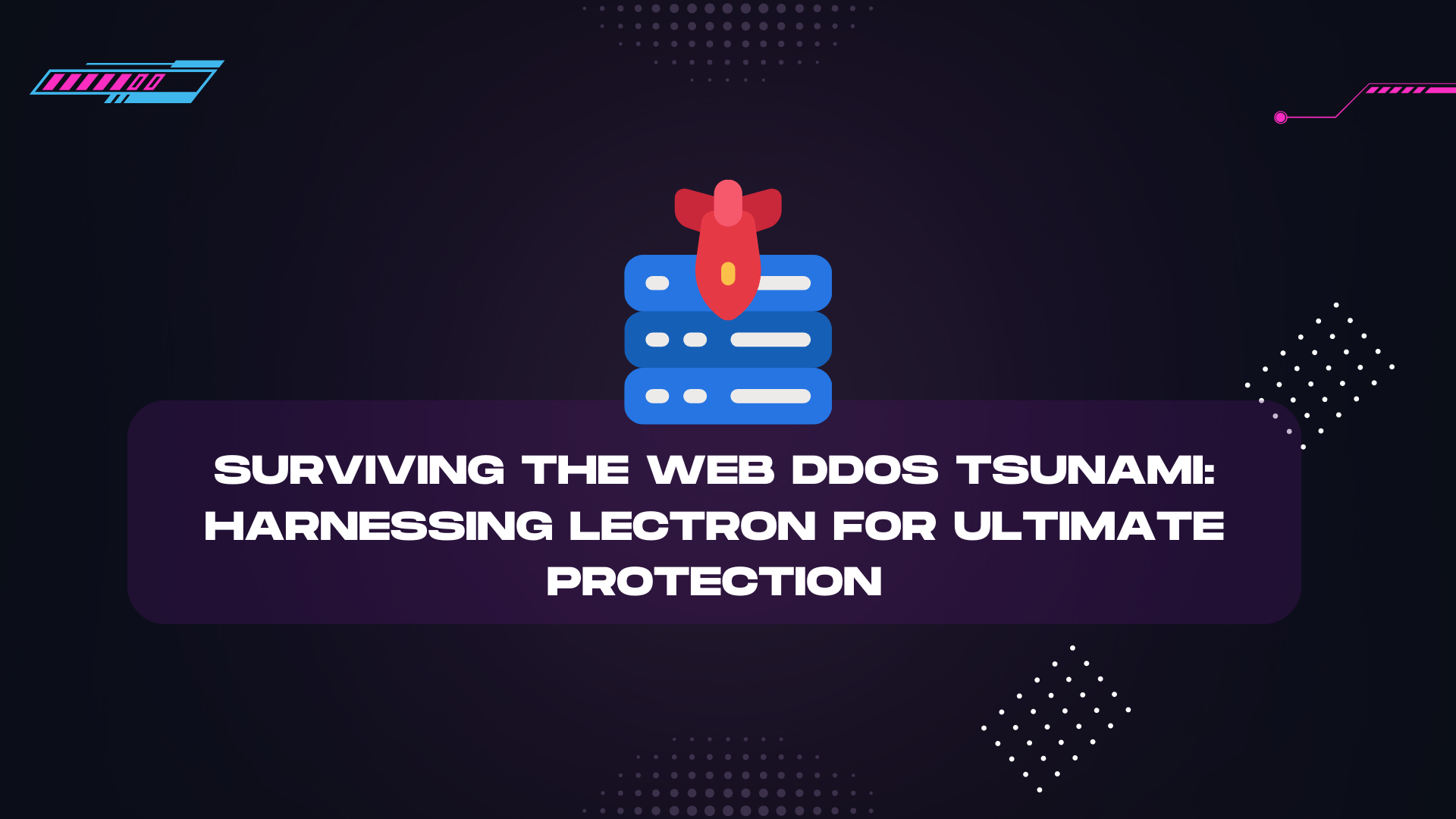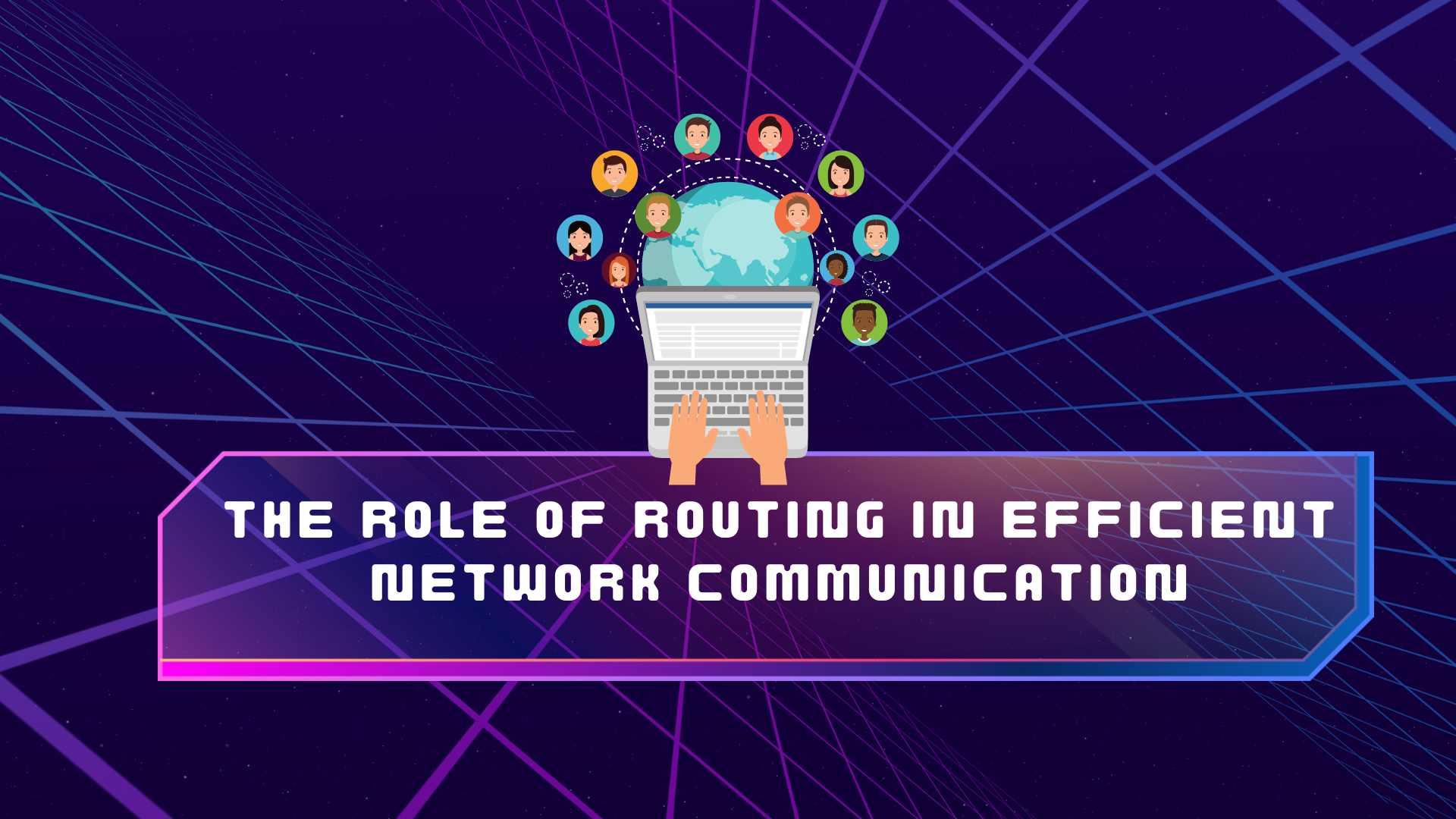In recent years, Distributed Denial of Service (DDoS) attacks have become increasingly common in the online gaming industry. DDoS attacks are malicious attempts to disrupt normal traffic to a server, rendering it inaccessible to its users. These attacks can be highly disruptive, leading to server downtime, lost revenue, and a decline in user satisfaction. The online gaming industry is particularly vulnerable to these types of attacks due to its reliance on online servers and real-time gameplay.
In this article, we will explore the reasons why gaming companies need to take DDoS attacks seriously and provide strategies for protecting against these types of attacks.
Reasons for DDoS Attacks in Gaming
The motivations behind DDoS attacks in the gaming industry are varied. Some attackers target specific games or players for personal reasons, such as revenge or competition. Others may seek to gain a competitive advantage by disrupting their opponents’ gameplay or by attacking servers hosting popular games to take them offline. Additionally, some attacks may be politically or ideologically motivated, such as hacktivist attacks.
Impact of DDoS Attacks on Gaming Companies
DDoS attacks can have a significant impact on gaming companies. The most immediate effect of a DDoS attack is the disruption of gameplay and server downtime. This can lead to lost revenue, as players may be unable to access in-game purchases or subscriptions. In addition, companies may incur additional expenses from having to mitigate the attack and repair any damage caused.
Another impact of DDoS attacks is damage to the company’s reputation. Gamers are a passionate and vocal community, and any downtime or disruption in gameplay can lead to negative reviews, decreased player retention, and a tarnished brand image.
Finally, DDoS attacks can also lead to security breaches, as attackers may attempt to exploit vulnerabilities in the company’s systems during the attack. This can result in the theft of user data or other sensitive information.
Protecting Against DDoS Attacks
Gaming companies can take several proactive steps to protect against DDoS attacks.
- Implement DDoS Protection Solutions
One of the most effective ways to protect against DDoS attacks is to implement a dedicated DDoS protection solution. These solutions can be hardware or software-based and work by analyzing traffic patterns to identify and block malicious traffic. They can also provide real-time monitoring and alerting capabilities to help companies respond quickly to an attack.
- Conduct Regular Risk Assessments
Gaming companies should conduct regular risk assessments to identify potential vulnerabilities in their systems. This can help companies understand their security posture and develop strategies for mitigating potential risks.
- Implement Best Practices for Server Management
Gaming companies should follow best practices for server management, such as ensuring that software is up-to-date and that access controls are properly configured. Companies should also implement measures to protect against SQL injection and other common attacks.
- Educate Employees and Users
Education is a critical component of any security strategy. Gaming companies should educate their employees on best practices for security, such as how to identify and respond to potential attacks. Companies should also educate their users on the risks of DDoS attacks and provide guidance on how to protect themselves.
- Establish a Response Plan
Finally, gaming companies should establish a response plan for dealing with DDoS attacks. This plan should include procedures for detecting and mitigating an attack, as well as communication strategies for informing users of any disruptions. Companies should also have a plan for resuming normal operations after an attack has been mitigated.
Conclusion
DDoS attacks pose a serious threat to online gaming companies, and it is important for these companies to take proactive measures to protect themselves and their players. This includes implementing a robust DDoS defense strategy, partnering with reputable DDoS protection providers, regularly testing and evaluating their defenses, and staying informed about the latest attack trends and techniques. By taking these steps, gaming companies can ensure a safe and enjoyable gaming experience for their players while protecting their business and reputation from the damaging effects of DDoS attacks.




